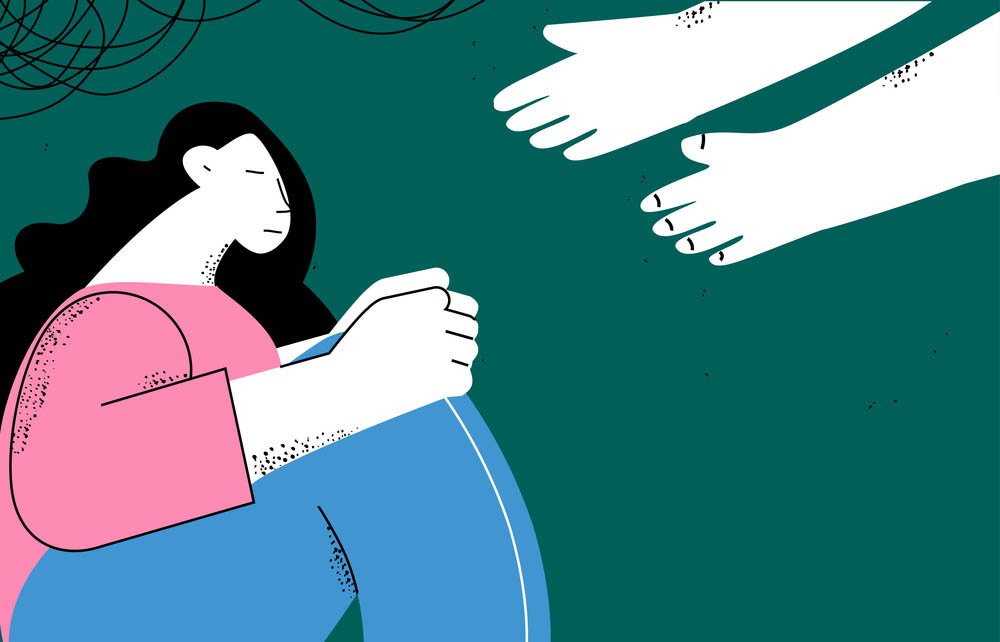A recent study investigates how two types of cognitive therapies—Cognitive Behavioral Therapy (CBT) and Exposure-Based Cognitive Therapy (EBCT-R)—affect treatment outcomes for major depressive disorder (MDD). As MDD becomes increasingly prevalent, understanding effective therapeutic mechanisms is essential to improve patient care.
This study analyzed data from a randomized controlled trial with 149 participants, averaging 40.7 years of age, who underwent up to 22 sessions of either CBT or EBCT-R. Researchers used cross-lagged panel models to assess how two key factors—mastery and motivational clarification—mediated changes in depression severity during treatment.
The results revealed that CBT led to a greater increase in mastery among participants compared to EBCT-R. Mastery, defined as the ability to manage life’s challenges effectively, positively influenced participants’ well-being as measured by the WHO-5 Well-Being Index. In contrast, while motivational clarification also contributed positively to well-being ratings, it did not mediate the overall treatment effect.
These findings indicate that enhancing mastery within therapeutic interventions may lead to improved treatment outcomes for depression, particularly through CBT. This aligns with previous research that identified mastery and motivational clarification as important mechanisms for therapeutic improvement.
MDD is recognized by the World Health Organization as a leading cause of disability worldwide, with current treatment options including psychotherapy and medication. Psychotherapy, particularly CBT, has consistently demonstrated effectiveness in treating MDD, often yielding results comparable to pharmacotherapy. However, a significant portion of patients experience residual symptoms or relapse after treatment, raising the need for innovative therapeutic approaches.
Prior studies have identified various predictors of treatment outcomes, but few have examined mastery and motivational clarification specifically as mediators. This study builds on previous work by exploring how these mechanisms interact with different therapeutic approaches. Mastery-focused interventions in CBT, such as cognitive restructuring and problem-solving training, were found to significantly assist clients in developing effective coping strategies, while motivational clarification aimed to help clients understand their emotional responses and underlying motives.
The research indicates that fostering mastery may lead to more sustainable improvements in depression symptoms. For instance, up to 33% of patients who received CBT reported relapses within a year post-treatment. By integrating strategies that promote mastery, clinicians can address potential relapse factors more effectively.
This study’s findings underscore the importance of tailoring therapeutic interventions to enhance specific mechanisms that contribute to treatment efficacy. By focusing on mastery within CBT, therapists can equip patients with the skills necessary to navigate challenges beyond the therapy sessions, potentially leading to improved long-term outcomes.
Overall, the evidence highlights the need for ongoing research into the mechanisms of change in therapeutic settings, particularly as the demand for effective mental health treatment continues to rise.



